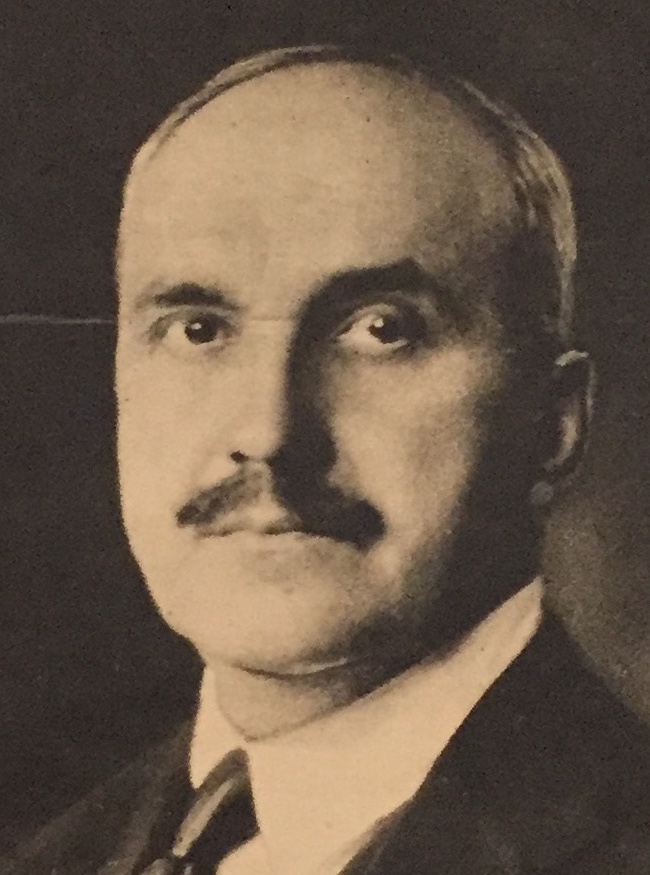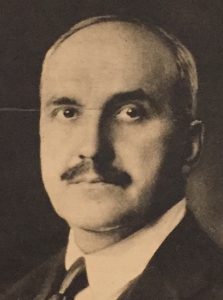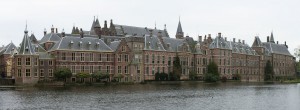 To Mary Annette Beauchamp Russell
To Mary Annette Beauchamp Russell
Hotel Bristol
Rome, May 10, 1932
It is very kind of you to encourage me to visit you in your new garden. This summer, unfortunately, I have been roped in by the professional philosophers, and have promised to read papers at The Hague and in London, at the celebration of the tercentenary of Spinoza and Locke respectively. I tremble—with a pleasing terror, as if I were to begin my first travels—at these last journeys and last, positively last, appearances in public.
The idea of going to live near you is firmly lodged in my sub-consciousness, and it will not take any great revolution in the state of my anchorage here for me to try that new port. But for the moment I am rooted and busy, and can’t pull myself out.
From The Letters of George Santayana: Book Four, 1928-1932. Cambridge, MA: The MIT Press, 2003.
Location of manuscript: The Henry E. Huntington Library, San Marino CA



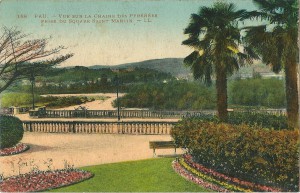 To [Susan Sturgis de Sastre]
To [Susan Sturgis de Sastre]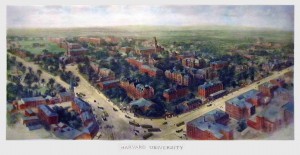 To George Sturgis
To George Sturgis